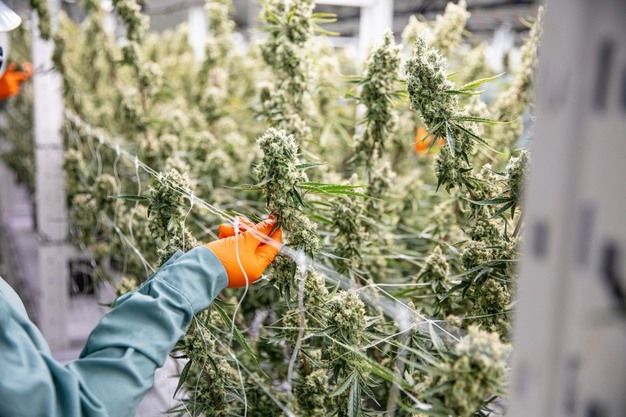"In the evolving landscape of cannabis legalization, one glaring statistic always stands out to me: approximately 40% of all cannabis sales remain entrenched in the black market. This is not just a matter of economics; it's a matter of consumer rights," says Megan McCrae, Sr. VP Global Brands and Corporate Affairs of Organigram. "As the Senior Vice President of Global Brands & Corporate Affairs, a board member of the Cannabis Council of Canada and an advocate for cannabis consumer empowerment, I firmly believe that regulatory changes hold the key to reclaiming this significant portion of the market."
"It goes without saying that excise reform is the regulatory change that would have the biggest impact on stamping out the black market. But there are two other pivotal areas where regulatory reform can make a tangible difference: edible limits and consumer education advancements."
Edible limits
One critical aspect of regulatory reform is the need to reassess limits on THC content in edible cannabis products, Megan says. "Currently, cannabis regulations restrict THC content to a maximum of 10mg per package. This arbitrary restriction not only stifles innovation but also drives consumers towards illicit sources where higher potency options are readily available, and at a fraction of the cost."
"For some context here, in 2023 the market for edibles accounted for close to 5% of all cannabis sales in Canada, according to data from Hifyre and Headset. By contrast, in the U.S., where regulations vary state-by-state, this figure is closer to 15%. In California, for example, where edibles are limited at 100 mg of THC per package, edibles made up 11.8% of all sales. Given the overall size of our market (roughly $5.1B in 2024), this means we are ceding more than $350M in sales to the illicit market."
"By increasing the allowable THC limit, we can open the door to a wider array of products within the regulated market, meeting consumer demand while undercutting the appeal of illicit alternatives. In doing so, we not only enhance consumer choice but also bolster government revenues and ensure the safety and quality of products consumed," Megan says.
Marketing advancements
In the realm of cannabis, marketing is not about flashy logos or catchy slogans; it's about education and empowerment, Megan says. "Yet, current regulations impose significant barriers to effective consumer communication and education. Imagine navigating a liquor store without any information about the origins of the wines on offer, or how the inputs were cultivated. It's akin to the challenges faced by cannabis consumers today, where limited avenues for education push individuals towards simplistic metrics like potency and price."
"Regulatory changes must facilitate clearer communication, both in-store and online, empowering consumers to make informed decisions based on factors beyond mere THC content," she says.
"Cannabis brands have a crucial role to play in this regard, serving as beacons of trust and transparency in an increasingly crowded marketplace."
The way forward
"As we look ahead, regulatory reform holds the key to unlocking the full potential of the legal cannabis market," Megan concludes. "By addressing limitations on edible THC content, enhancing avenues for consumer education, and combating THC inflation, we can take decisive steps towards reclaiming the 40% currently dominated by the black market."
"As advocates for cannabis consumer rights, it is incumbent upon us to champion these reforms, ensuring a vibrant, inclusive, and responsible cannabis industry for all. Together, let's take back the 40% and pave the way for a brighter future for cannabis consumers worldwide."
For more information:
Organigram
organigram.ca
